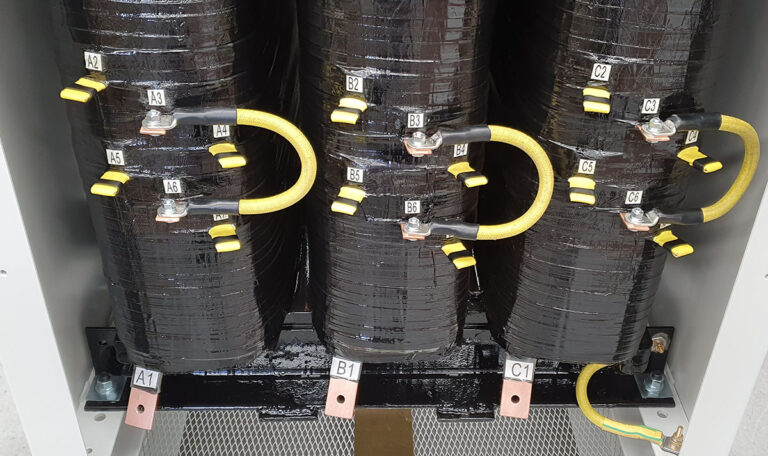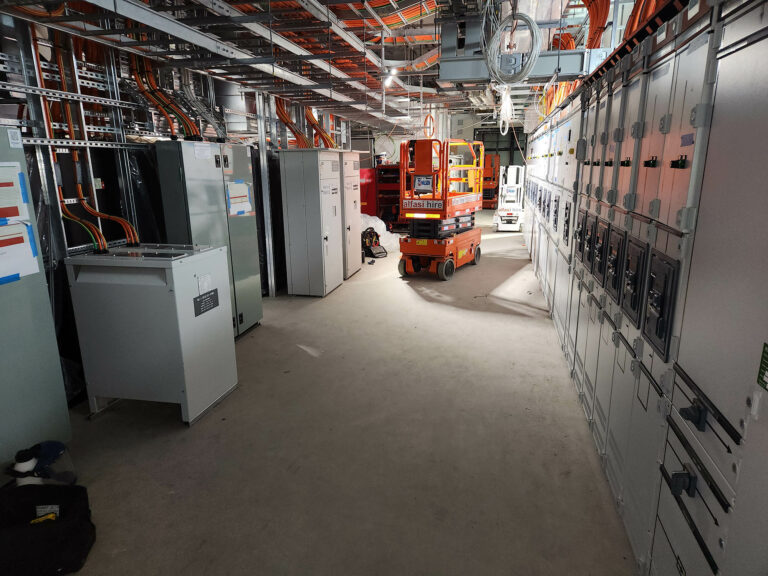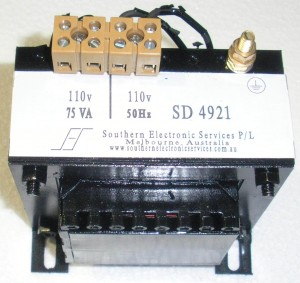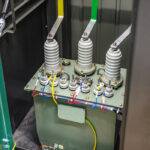Transformers are essential components of the electrical system. They play a major role in providing power to our homes, businesses and other establishments.
11 Things You Should Know About Electrical Transformers
Here are 11 things that everyone should know about electrical transformers:
1) Function:
Electrical transformers are devices that transfer electrical energy between different voltage levels while maintaining frequency.
2) Voltage Transformation:
Transformers can step up or step down voltage levels. Step-up transformers increase voltage from the input (primary) side to the output (secondary) side, while step-down transformers decrease voltage.
3) Core and Windings:
Transformers consist of a magnetic core made of laminated steel and two sets of insulated wire windings. The primary winding receives electrical energy, while the secondary winding delivers the transformed voltage.
4) Turns Ratio:
The turns ratio of a transformer determines the voltage transformation ratio. It is the ratio of the number of turns in the primary winding to the number of turns in the secondary winding.
5) Power Transfer:
Transformers facilitate the transfer of electrical power from one circuit to another. They do not generate power but efficiently transmit electricity by minimising losses during the transformation process.
6) Efficiency:
Transformers are designed to have high efficiency, meaning they convert electrical energy with minimal losses. Efficient transformers help reduce energy wastage and improve overall power system performance.
7) Types of Transformers:
There are various types of transformers, including power transformers, distribution transformers, autotransformers, isolation transformers, instrument transformers (such as current transformers and voltage transformers), and more. Each type serves specific functions in electrical systems.
8) Cooling Systems:
Transformers generate heat during operation, and cooling systems are employed to dissipate that heat. Common cooling methods include natural convection, forced air, oil-immersed cooling, and liquid cooling.
9) Transformer Efficiency Standards:
Transformers are subject to efficiency standards and regulations to promote energy efficiency and reduce environmental impact. Standards such as the Energy Star program and International Electrotechnical Commission (IEC) standards provide guidelines for transformer efficiency levels.
10) Electrical Safety:
Transformers must be installed, operated, and maintained with strict adherence to electrical safety guidelines. Proper grounding, insulation, and routine maintenance are essential to prevent electrical hazards and ensure the safety of personnel and equipment.
11) Life Cycle and Maintenance:
Transformers have a long life cycle if properly maintained. Regular inspections, oil testing (for oil-filled transformers), cleaning, and preventive maintenance ensure optimal performance and extend the lifespan of transformers.
Conclusion
Understanding these key aspects of electrical transformers is essential for their correct selection, installation, and operation. Consulting with qualified professionals and adhering to local electrical codes and regulations is important for safe and efficient transformer usage.
At Southern Electronics Services, we specialise in transformer sales, installation, maintenance, and repair. Our experienced team of professionals can help you with all your transformer needs. Contact us today to learn more about our services!
Next Post
Why Do You Need an Isolation Transformer?
April 25, 2023Other News

The Role of Isolation Transformers in Data Centers
Safeguarding Data Integrity: The Role of Isolation Transformers in Data Centers In the intricate web of modern technology, data centers stand as the formidable fortresses guarding our digital world. They are the nerve centers of our interconnected society, where terabytes of information flow ceaselessly. Within these behemoths of computing power, every bit and byte is…

Microsoft Data Centers & SES transformers
Microsoft Data Centers & SES transformers Microsoft has begun its $5 billion infrastructure investment in Australia. The project encompasses building hyperscale data centres around Melbourne, Canberra and Sydney, and is designed to accomplish three main objectives: To expand its hyper-scale cloud computing and storage in Australia, and help the nation seize the artificial intelligence (AI)…


